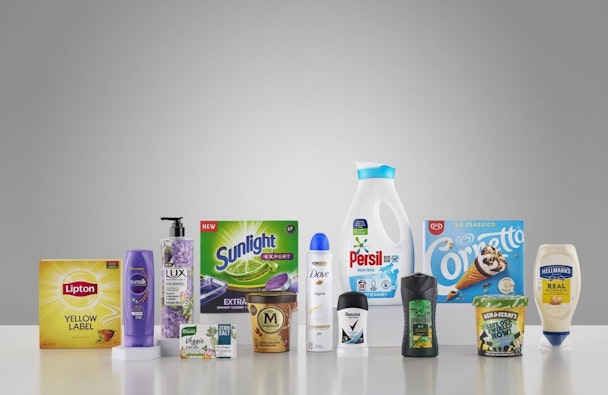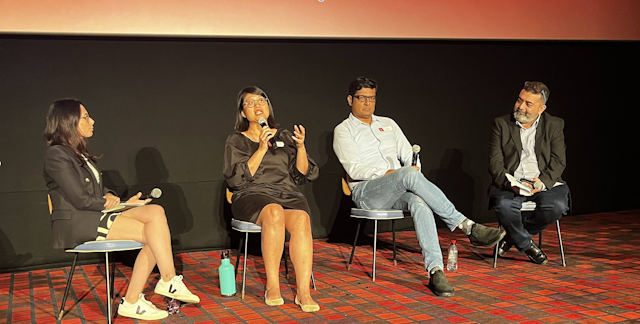APAC marketers defend purpose marketing strategies: ‘It drives the business’
Speaking at The Drum’s APAC Trends Briefing, marketing leaders from Unilever and Mondelez argue that purpose campaigns drive business outcomes for brands even in challenging economic conditions.

Unilever and Lifeboat marketing boss Khim Yin Poh discussed purpose marketing with The Drum / Unilever
The necessity of purpose marketing has come under fire from industry critics in recent months. Unilever in particular has been scrutinized by its own investors, with fund manager Terry Smith dubbing the firm’s activities “virtue signaling” back in January.
But Khim Yin Poh, global brand vice-president of Unilever soap brand Lifebuoy, says the firm is still wedded to imbuing its brands with a mission.
Speaking at The Drum’s APAC Trends Briefing, she rebuked that criticism – and said purpose strategies were closely tied to commercial growth.

Referring to Lifebuoy’s history – the marque first appeared as a sanitary aid during the cholera epidemics of Victorian Britain – Yin Poh said “Lifebuoy is a brand born out of purpose. We didn’t have to create one, we were born with one. For the last 129 years, the brand has always been about saving lives and helping families.
“Basically, we are a germ protection brand. When families use us, we dive into behavior change. That helps Lifebuoy become the brand choice when it comes to hygiene and when that happens, it drives the business and we’re able to invest more on top of it. I think it’s a cycle that runs the business and drives growth.”
Advertisement
Though this part of the brand’s mission had been a key message during the Covid pandemic, she said it will continue to form part of the brand’s marketing arsenal.
“We don’t need masks anymore, there’s no social distancing. But at the same time, my kids constantly fall ill, my friends’ kids have been falling ill and everybody around me has been falling ill. We’re still living in a world where people treat hygiene as an afterthought, but hygiene becomes extremely relevant in the world after Covid. Our role as a business is to make it relevant in a manner that consumers want to hear about; they don’t want to be reminded to wash their hands, but we can shift our communication that becomes memorable.”
Nikhil Rao, vice-president of marketing SEA Mondelez AMEA, argued that purpose could help brands maintain consumer loyalty even in the face of worsened economic circumstances. Consumers, he says, are occupied with one question above all others: “Why should I buy your brand.”
Purpose statements and campaigns provide additional weight in favor of the confectionary giant’s brands. “Over the last two years, with massive inflation, we’ve had a large set, 25-30%, of our user base leaving us every year. And other people are coming in because they’re moving down a price category.
Advertisement
“We have to be able to tell our stories through media and be able to move people to keep coming back to our communities and our brands.”
There’s also the secondary benefits of motivating Mondelez’s own staff, he argues. “Within the company, it tells everyone in marketing, in sales, in the factory, why they are doing what they’re doing. [Cadbury slogan] ‘A glass and a half in everyone’ tells me why I’m coming in to work every day.”
Suggested newsletters for you
Yin Poh added that purpose frameworks could help show the way forward for product development and diversification. “It's really about driving distinctiveness. We recently launched a product with added multivitamins because that’s something consumers have understood during Covid, that vitamins boost the skin’s immunity.
“We are also introducing telehealth across many markets and besides germ protection, to provide a service – access to doctors, which in many parts of our world Is far below the WHO recommendation of [medical access]. Providing access for our consumers become a value add,” she said. “That makes us distinctive versus the competition.”

